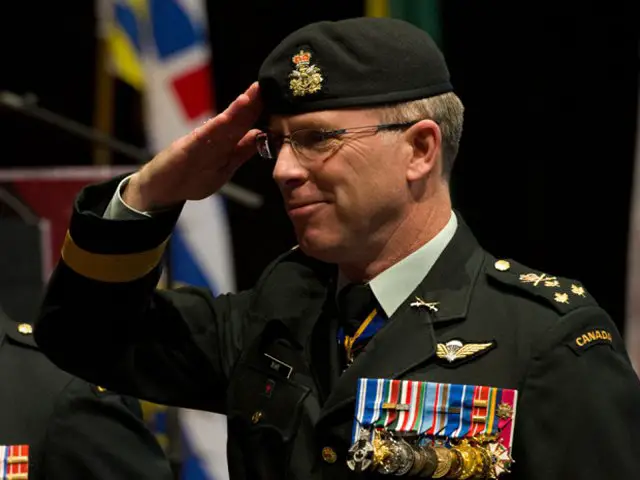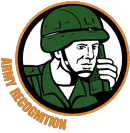| a | |||
Defence & Security News - Canada |
|||
| Sunday, August 31, 2014 11:13 PM | |||
| Canada will participate in massive NATO's military drills "Trident Juncture 2015" | |||
According
to The Star, Canada will send troops, jets and warships to participate
in a massive NATO training exercise next year in a deployment that could
be the first step toward deeper involvement in the alliance’s long-term
strategy to counter a resurgent Russia. |
|||
 Canadian joint operations commander Lt.-Gen. Stuart Beare |
|||
The
Canadian units will participate in a test of the military alliance’s
crisis response brigade. The exercise, known as Trident Juncture 2015,
will be held in Italy, Spain and Portugal over several months and built
around a scenario where NATO responds to an attack against a member country.
“We are planning to commit tactical forces, maritime, air and land to the live (fire) exercise,” said Lt.-Gen. Stuart Beare, the country’s joint operations commander. It is a significant decision because NATO is pushing behind the scenes to significantly expand the size of its rapid reaction force. The alliance already announced last week it plans to base soldiers in eastern Europe to reassure jittery allies. The crisis response unit — currently compromised
of 13,000 high-readiness troops, a headquarters and reserve formations
— operates on a rotational basis with different nations committing
forces for up to a year at a time. “Those are strategic and political decisions,”
said Beare. “I can’t answer the question specifically, but
I can tell you we are acting in a way that, if we do, we’ll be
really, really good at it.” |
|||
Canada will participate in massive NATO's drills "Trident Juncture 2015"
- Posted On














